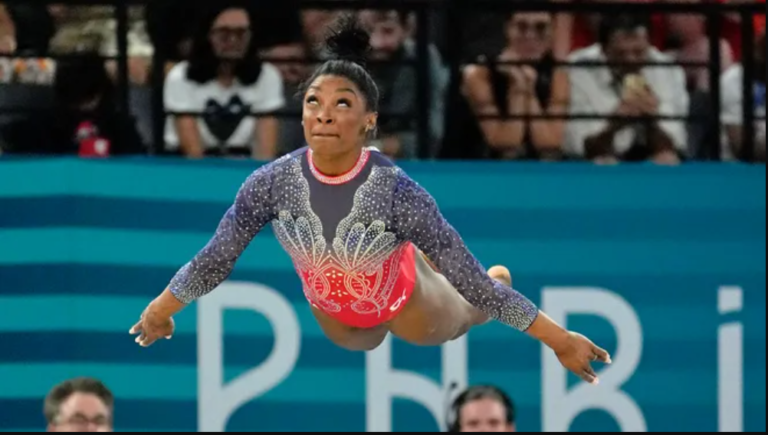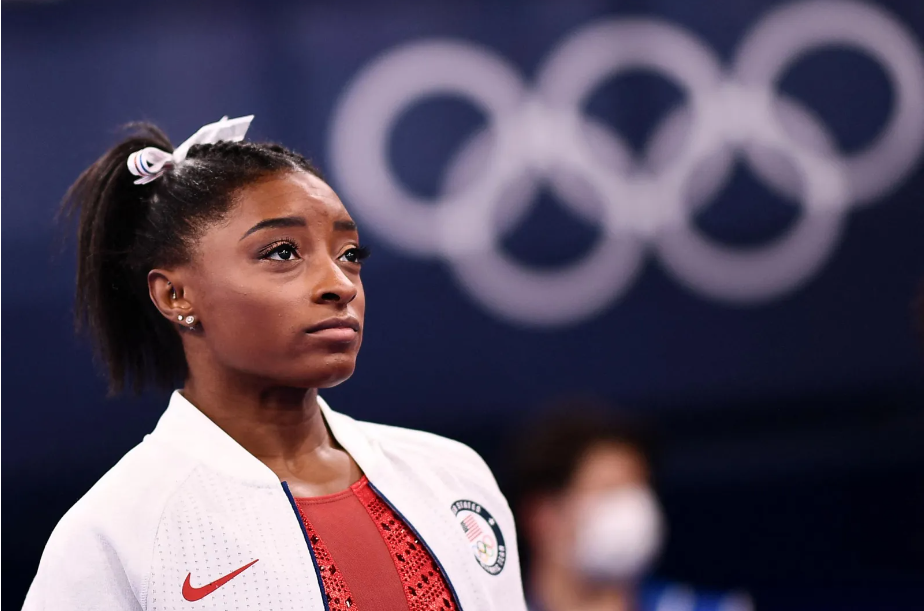From Hollywood to New York and everywhere in between, see what your favorite stars are up to
Stars have been everywhere this week, from Kylie Jenner exuding Old Hollywood glam in Paris to Simone Biles making an appearance in New York City. Back in the City of Love, Naomi Campbell attends a special ceremony while Rosalía flashes a wave the day after her birthday bash.
Here, are the best photos of celebs out and about this week. Come back tomorrow for more of the latest A-list outings!
Kylie Jenner exudes Old Hollywood glam at the Schiaparelli show during Paris Fashion Week on Sept. 26.
Sporting her diamond goat necklace, Simone Biles takes her seat for the Zeta Live 24 conference on Sept. 26 in N.Y.C.
Naomi Campbell is radiant at the award ceremony for the Insigna of the Knight of the Order of Arts and Letters in Paris on Sept. 26.


